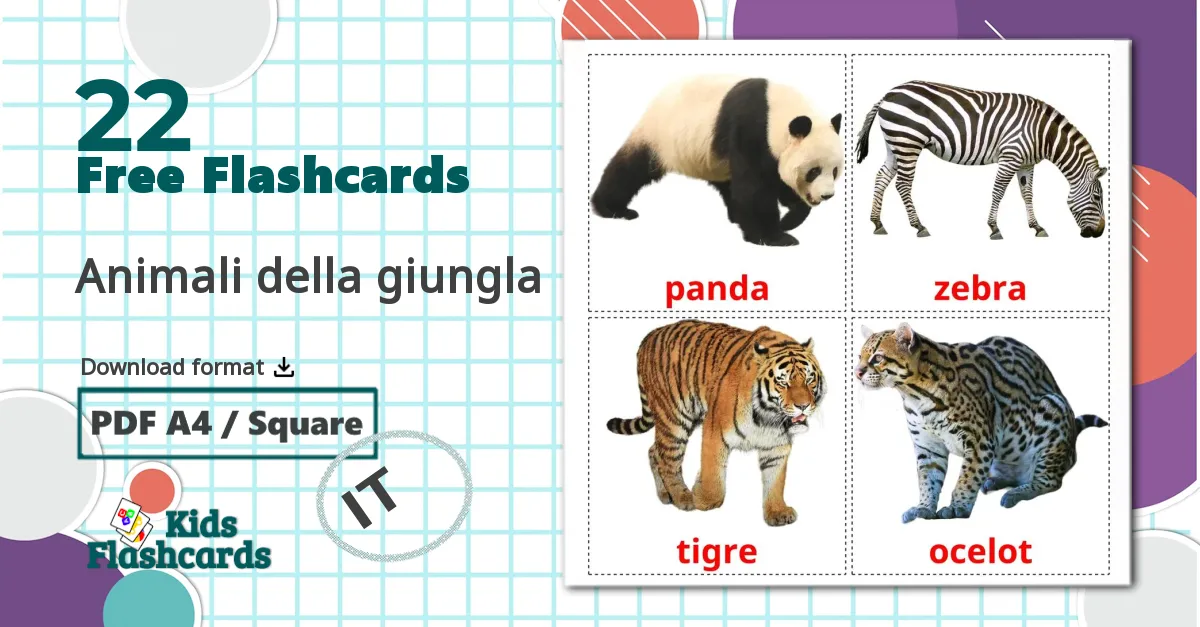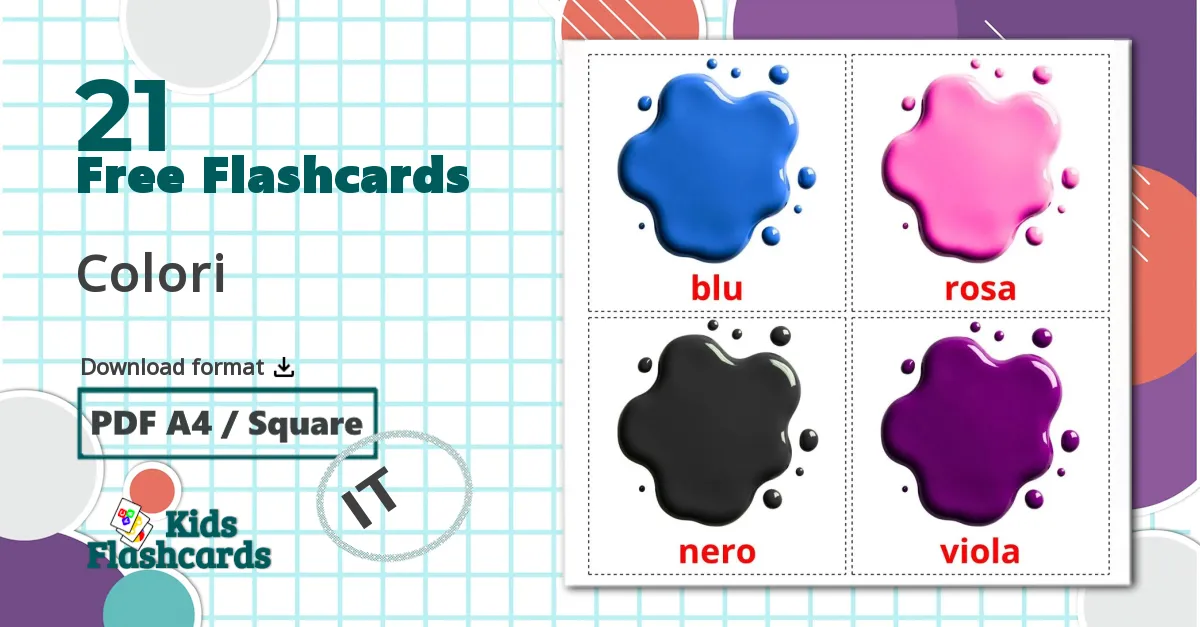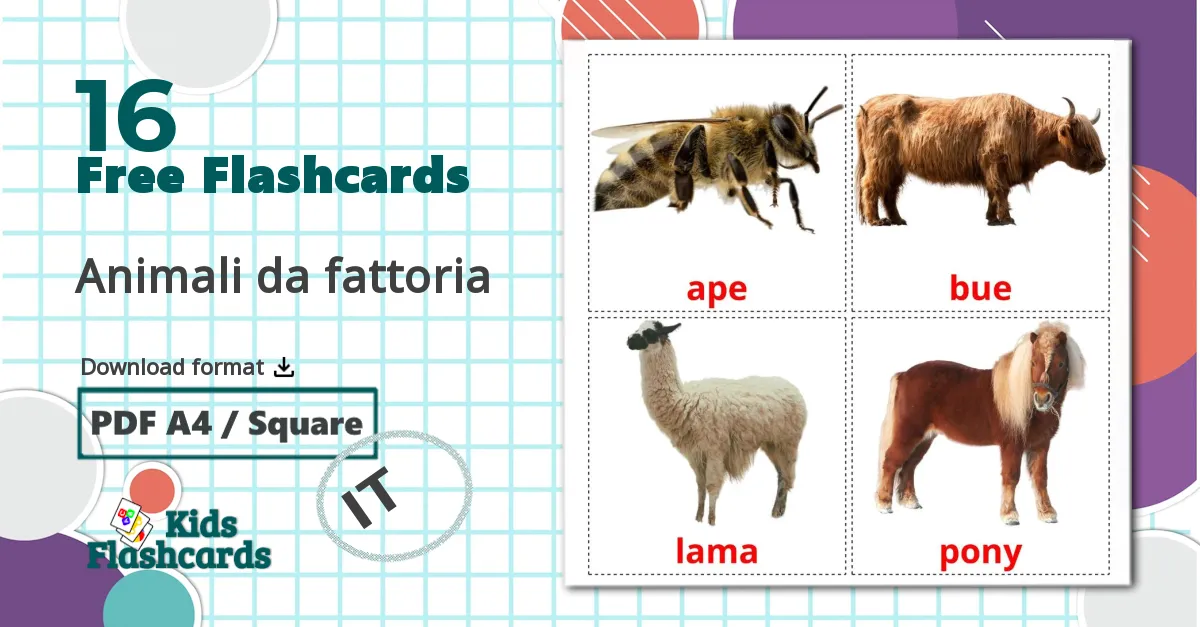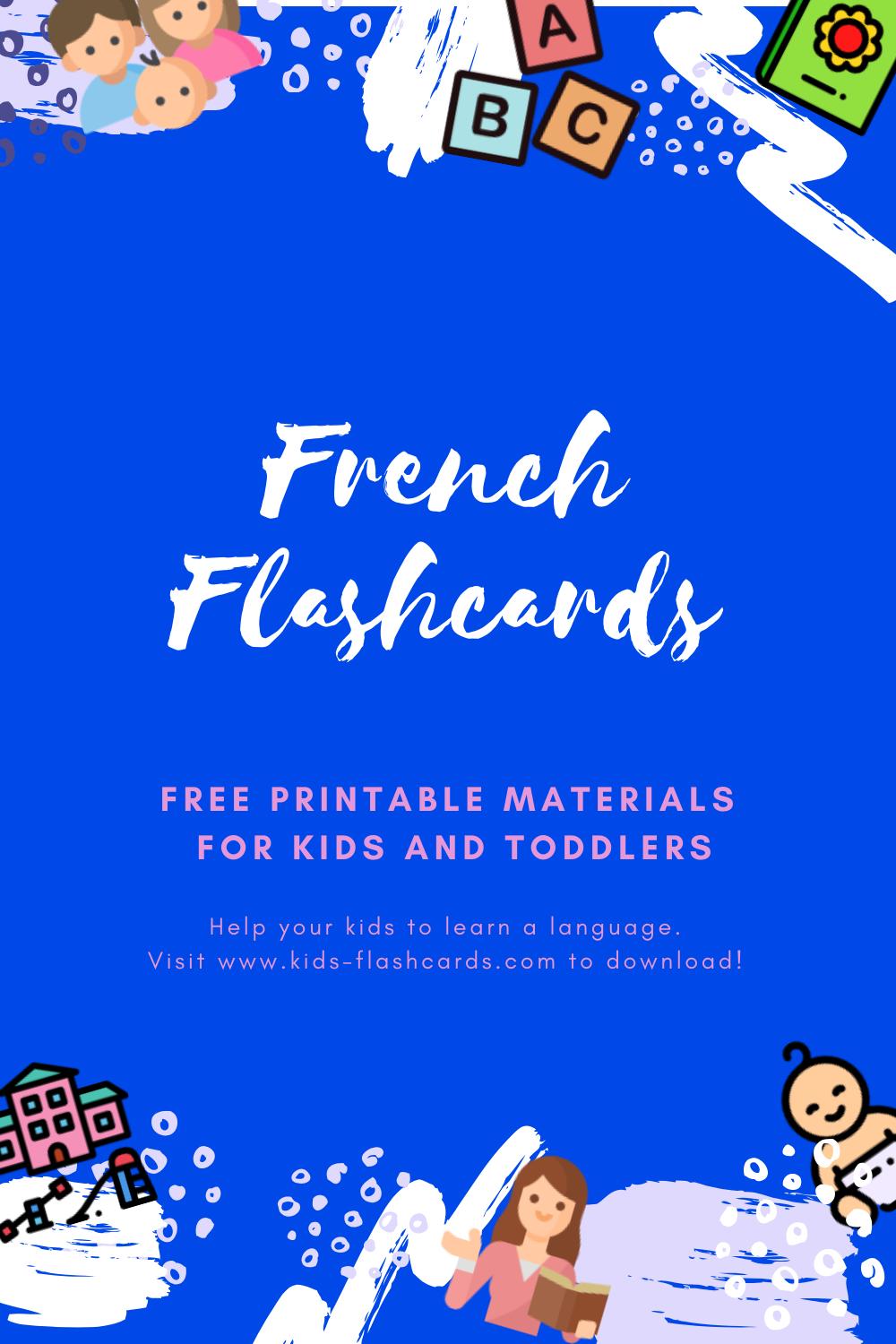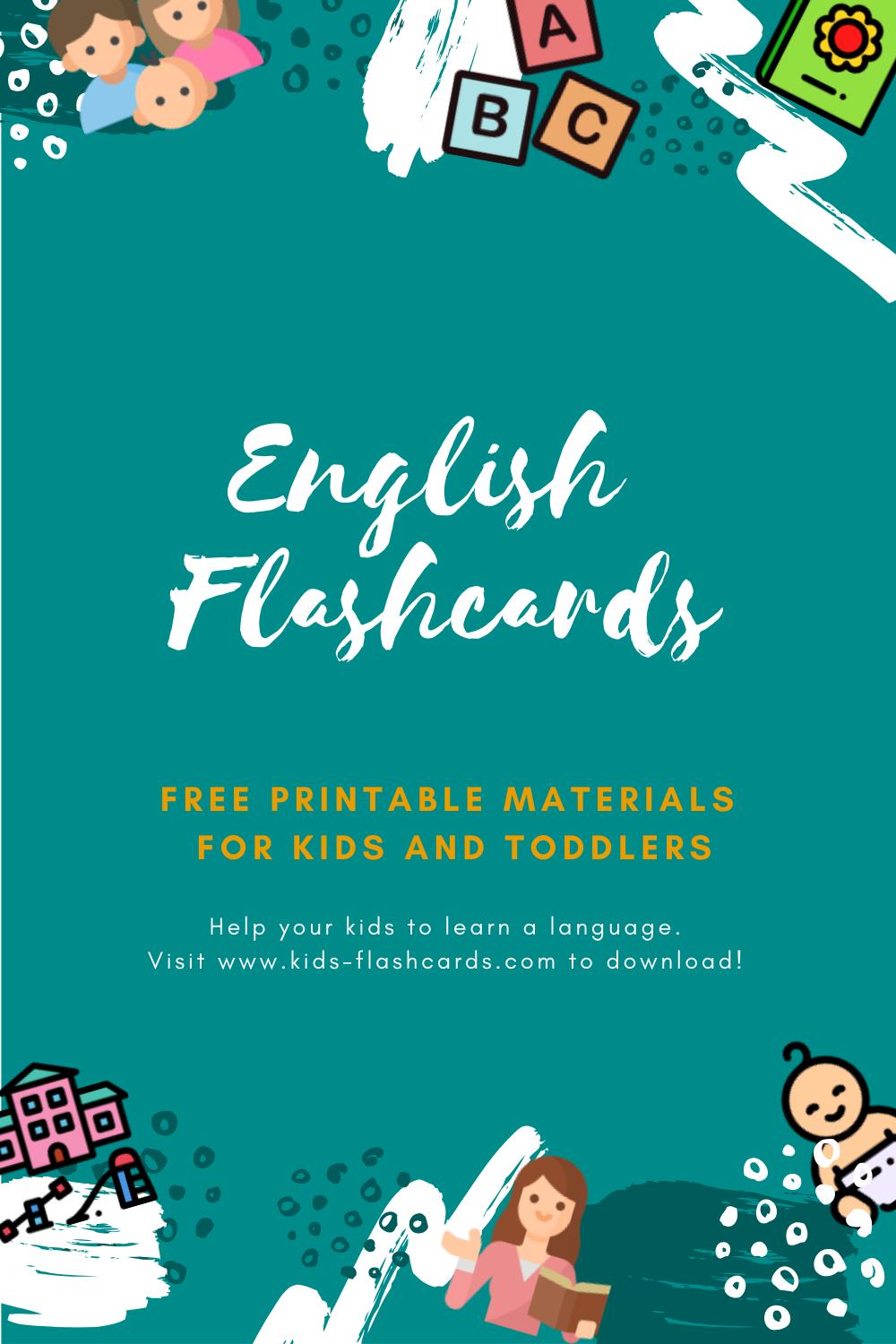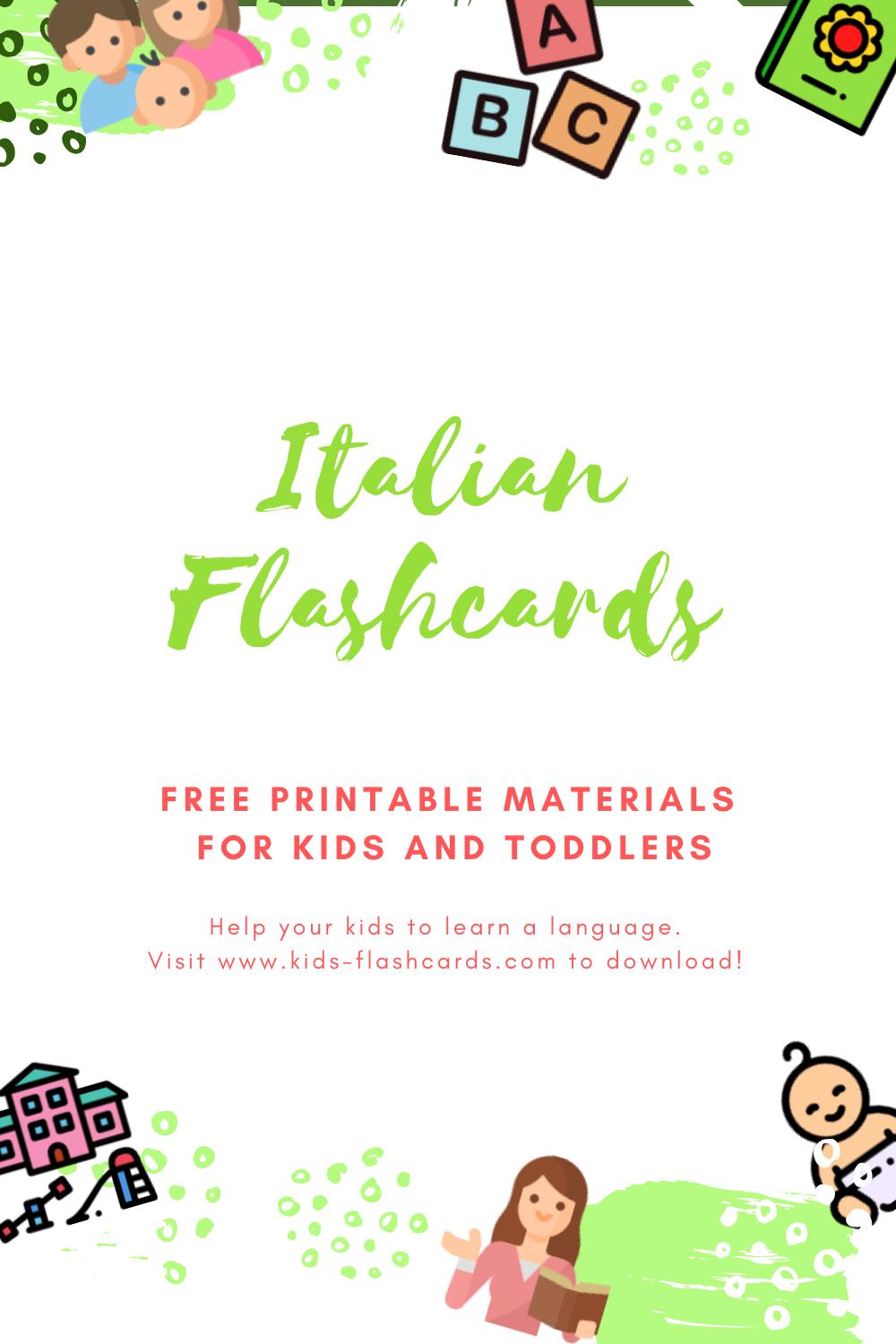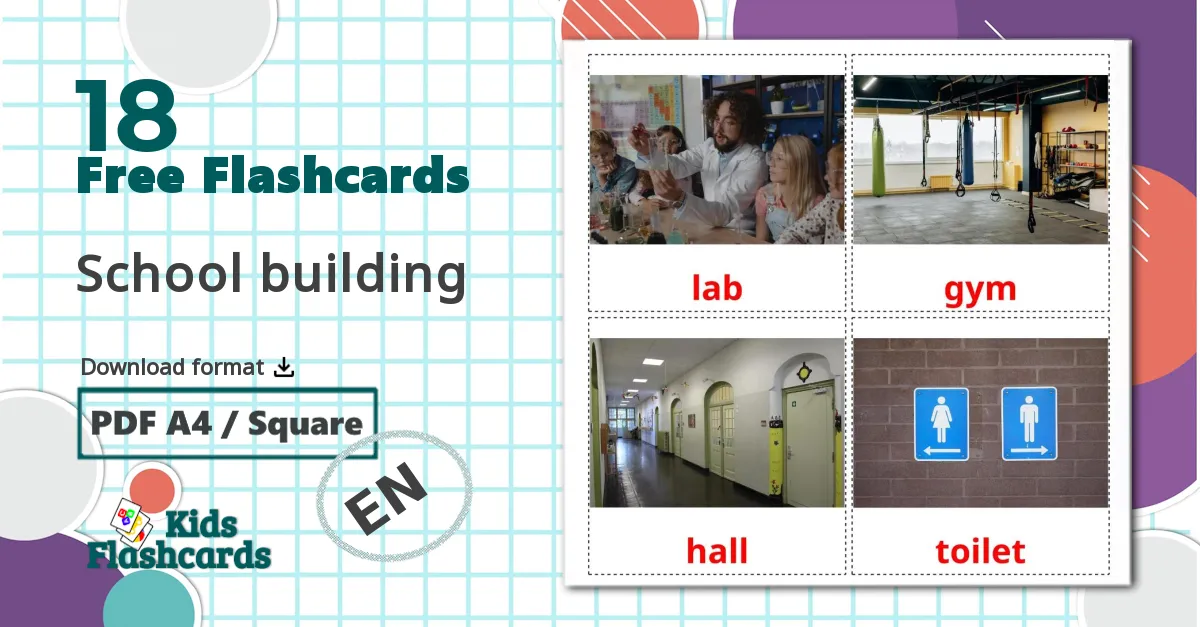
45000+ free printable online flashcards for kids in 70+ languages
Recently added flashcard sets for preschoolers
Most popular sets of printable flashcards for kids
How to make flashcards online
What types of flashcards for kids can I download?
Each set of picture cards contains:
- large cards - one flashcard per template for printing in A4, A5, A6, 28 * 28 formats;
- small cards - 6 and 8 flashcards per template A4, which are well suited for games, such as memories, bingo, lotto, etc.
The word cards are grouped by 3, 4, 6, 8 cards on sheet A4.
Both small and large educational cards can be printed, cut, and laminated (laminated versions look better and last longer).
PDF files open in your browser using Adobe Acrobat Reader or another PDF reader. It is already installed on most computers, but if no, you can download it here for free.
You can also watch slideshows from our prepared flashcards online. Just click on any flashcard icon from the chosen category page and open a full-screen view mode.
If you liked any of our prepared sets (for example, Russian or English flashcards), but you don’t find it for a needed language, you can translate it yourself by clicking the "Get on my language" button. It takes no more than 3 minutes.
Our printables are really useful for kids who learn speaking or reading in either native or foreign language (ESL flashcards for language learners). They also might even be a good resource for nonverbal kids who are working on expressing their thoughts to parents or caregivers.
Who Can Benefit From Using Flashcards?
Why start to use flashcards for kids?
Tips for using printable flashcards for kids
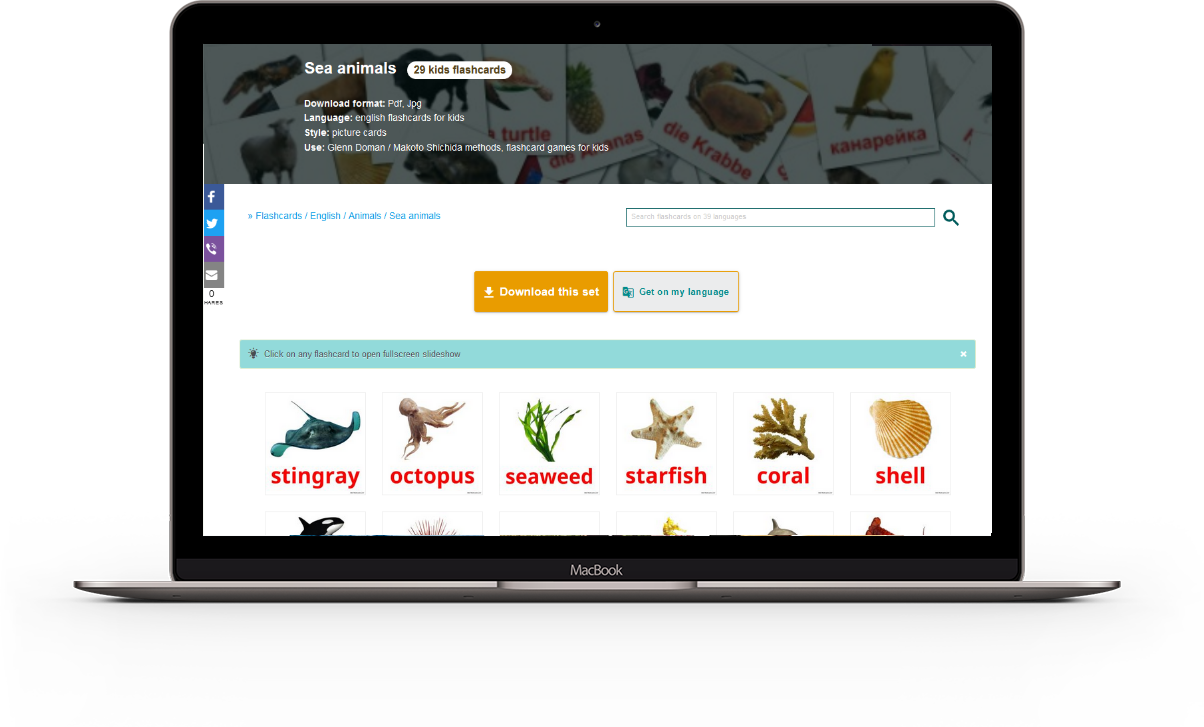
What are the benefits of learning with online flashcards?
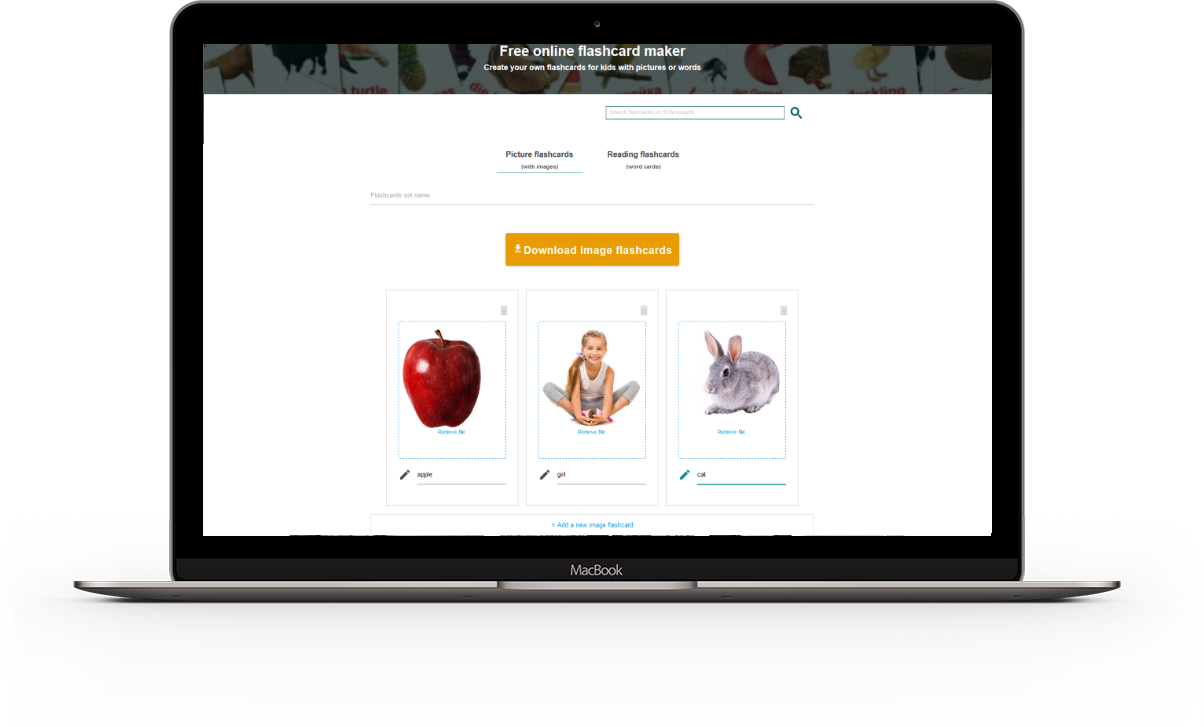
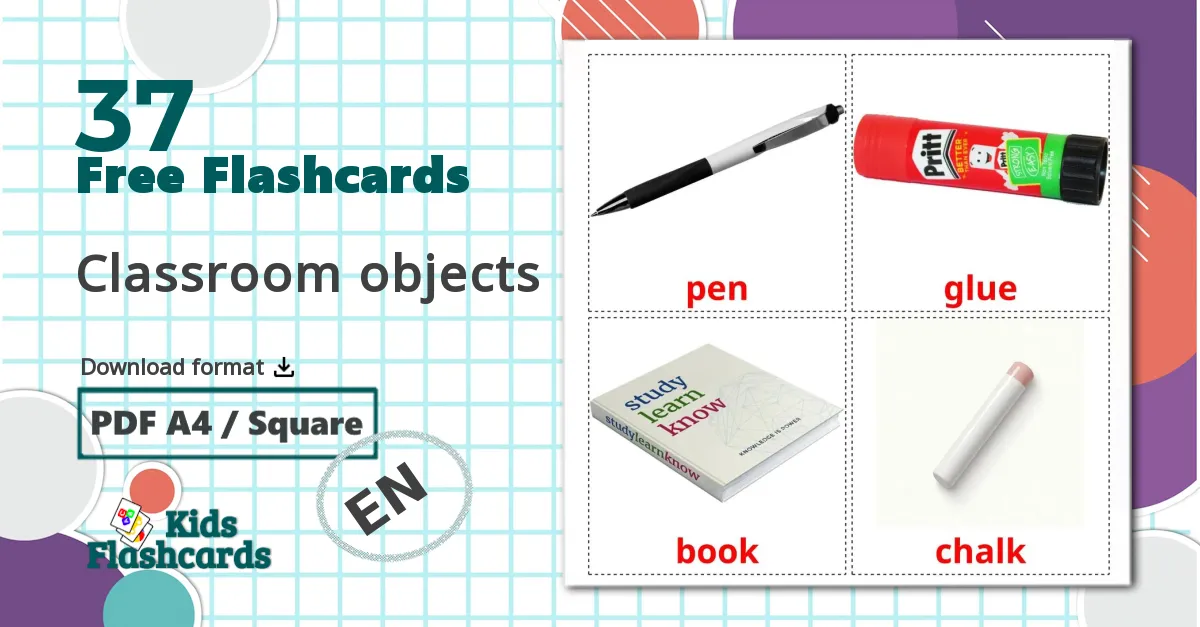
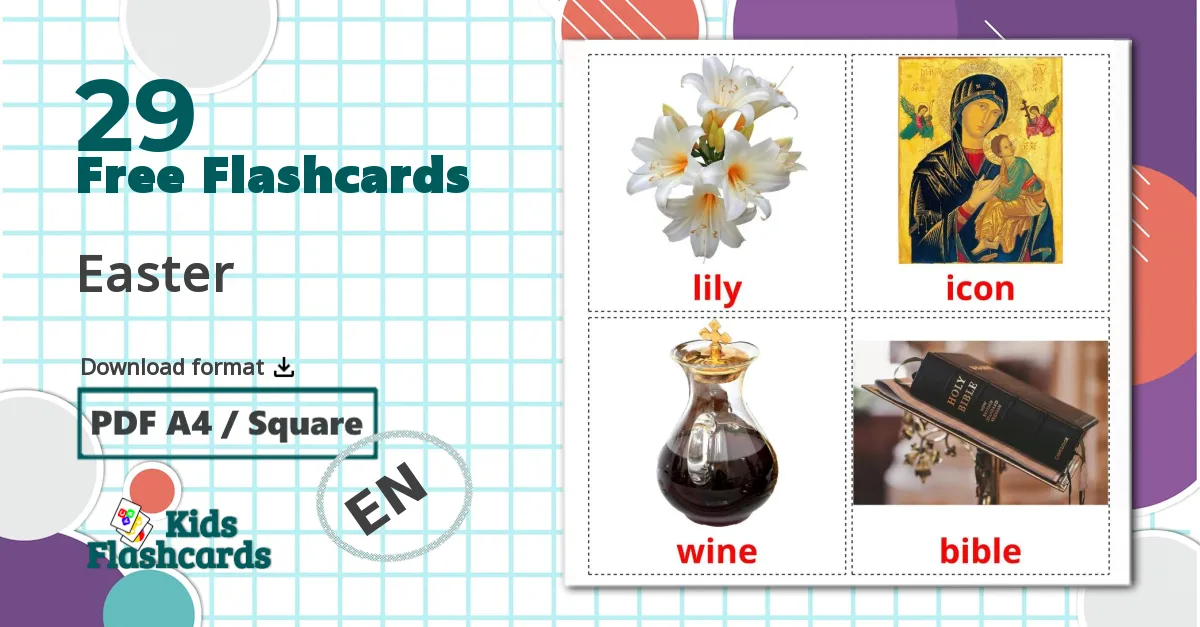
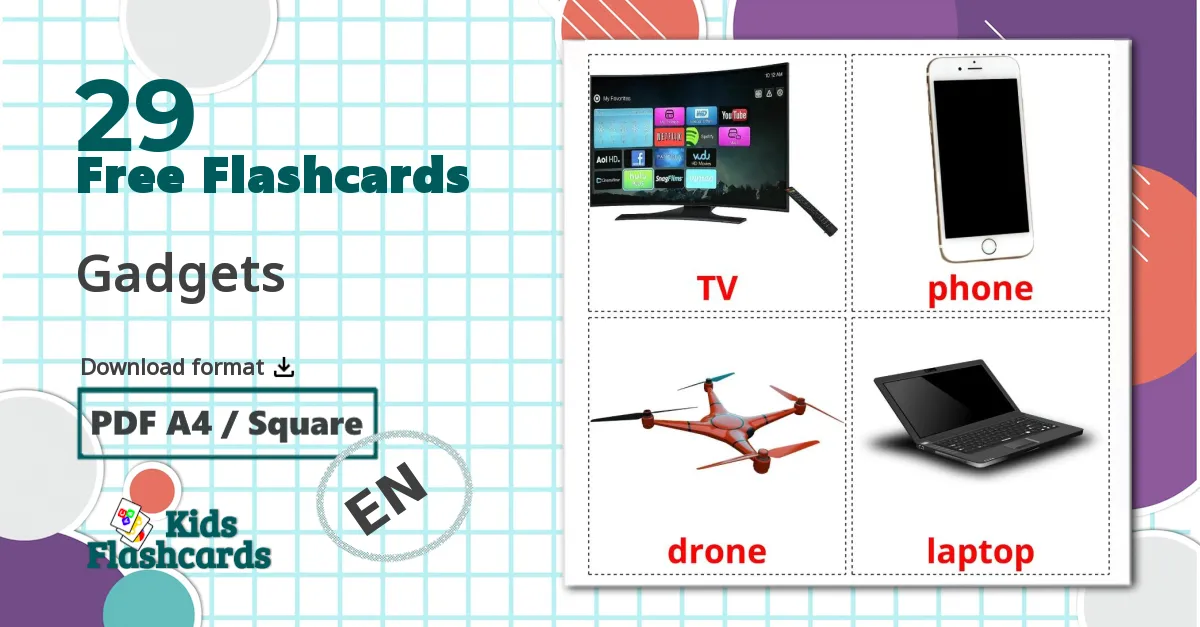
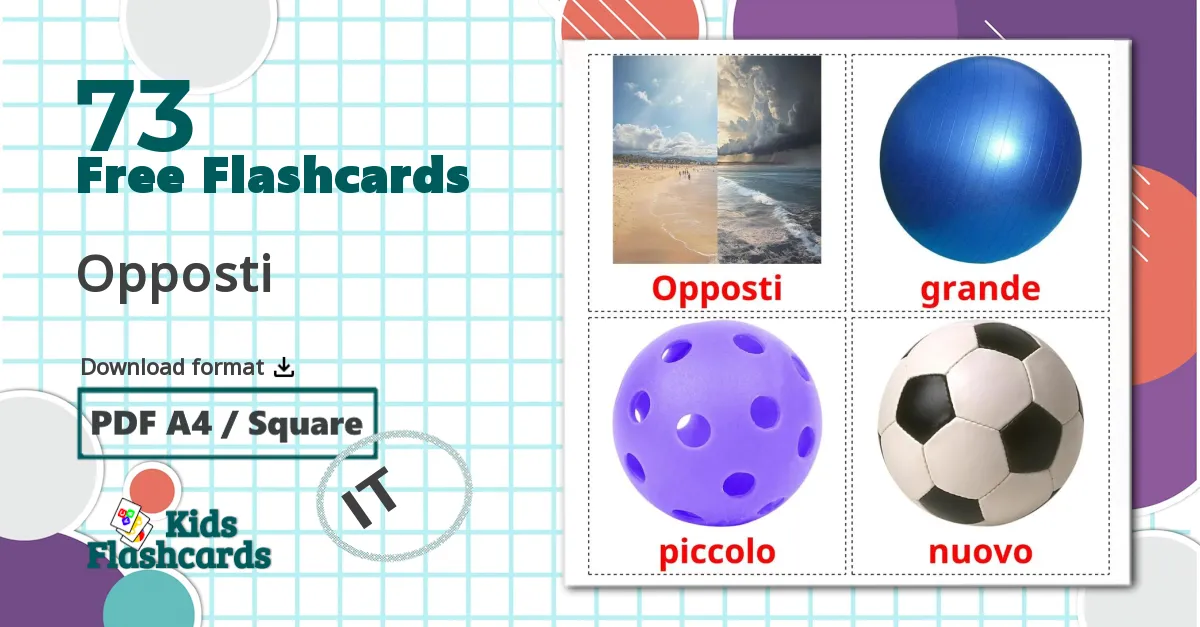
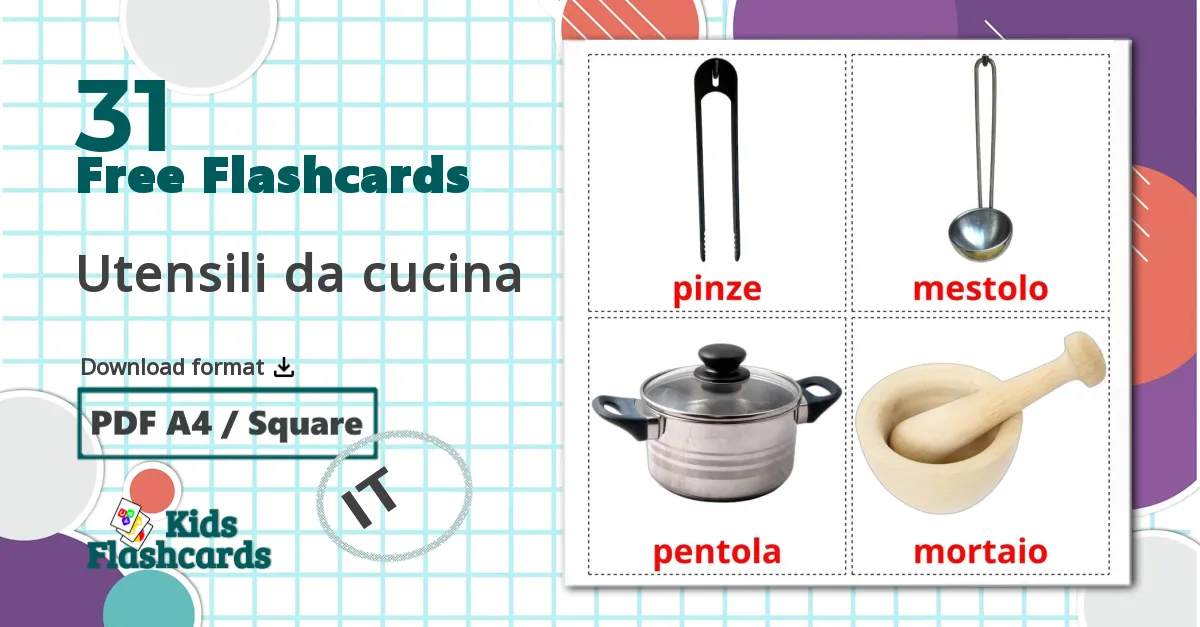
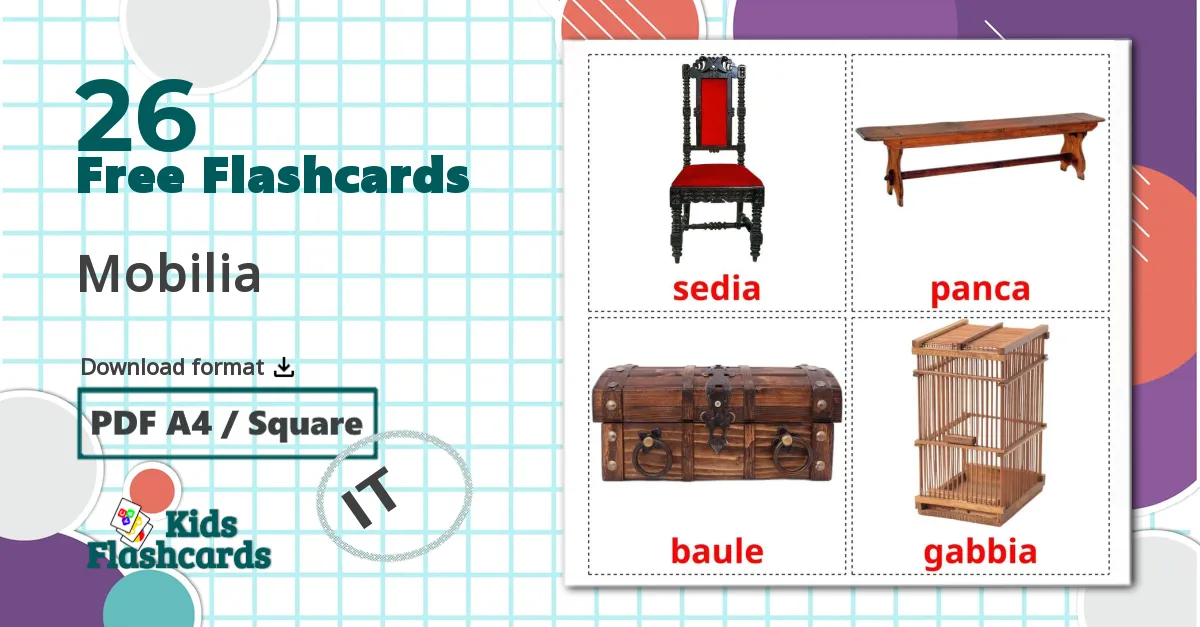
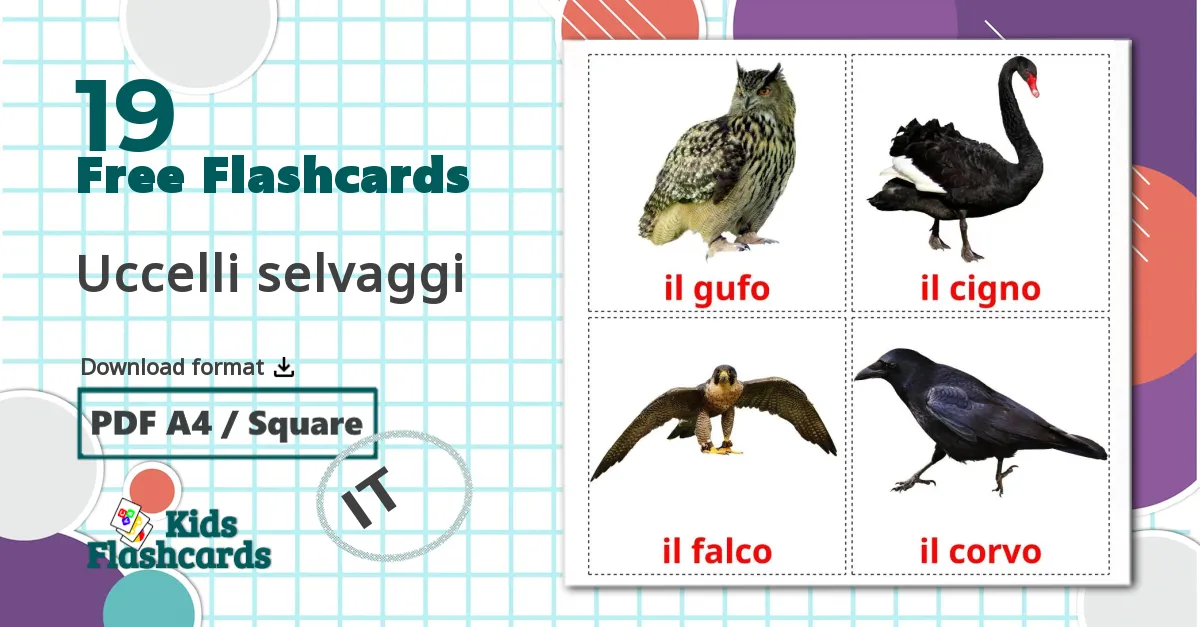
-italian-printable-flashcards-en.webp)
